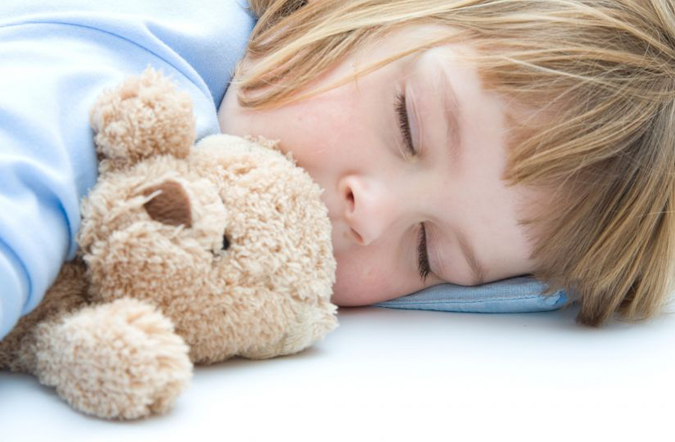 You may look into your child’s bedroom at night while deep asleep and find out a strange noise, like two hard objects rubbing together. Teeth grinding or bruxism in children happens quietly frequently, about 30 percent of children do it. Children grind teeth for several reasons; misaligned teeth, stress and certain medical conditions such as cerebral palsy may cause teeth grinding. Sometimes, teeth grinding resolves on its own. However, if the symptoms persist, it can have several effects on the child’s mouth and general health. Short-term Effects of Teeth Grinding If the child shares a room with another member of the family, the noise or loud sound of grinding may bother the brother or sister at night. When the child wakes up, he/she may have a headache or complain of pain around or in the ear because of the pressure of grinding and clenching the jaw at night. Wear and tear of the teeth enamel due to grinding may lead to teeth sensitivity and pain when chewing. If a child has a medical condition or under a medication that causes teeth grinding, a healthcare provider may have to add or change prescriptions. Long-term Effects of Teeth Grinding If the condition is left untreated, it can lead to a number of long-term effects on your child. It may lead to substantial damage on the teeth due to grinding and clenching for long periods. The teeth enamel will not only wear down but the teeth may broke, chip or flatten. In case the child grinds heavily for a long period, there is a possibility of developing TMJ (temporomandibular joint) disorder, causing more pain in the jaw and could make it hard for a child to open his mouth or chew. Aside from physical discomfort, teeth grinding may cause children to have difficulty adjusting to school or have problems mingling to others, possibly because teeth grinding interferes sleep. Tips for Parents If a parent finds out that his child is grinding at night, there are ways to help. Your pediatric dentist can recommend the use of special mouth guard to wear every night. Kids should also use toothpaste with fluoride to strengthen their teeth and enamel. If the teeth grinding is associated to stress, parent can help their child relax by reading bedtime stories, or doing relaxation exercises. If the child is old enough, parents can talk to them about their anxieties or problems and help them find a solution to it. Your child’s dentist can be your reliable ally when it comes to coping up with teeth grinding. Aside from the use of a mouth guard, the dentist can monitor the progress and check if the grinding appears to be lessening. They can also provide tips and techniques to how to help the child cope up and make sure everybody get a quality, good night’ sleep. |
AuthorMint Kids Dentistry Archives
July 2021
Categories |
Location |
|
Sitemap
|
Forms
|

 RSS Feed
RSS Feed